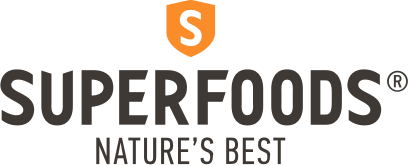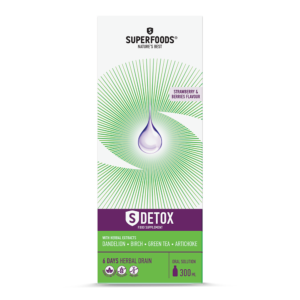
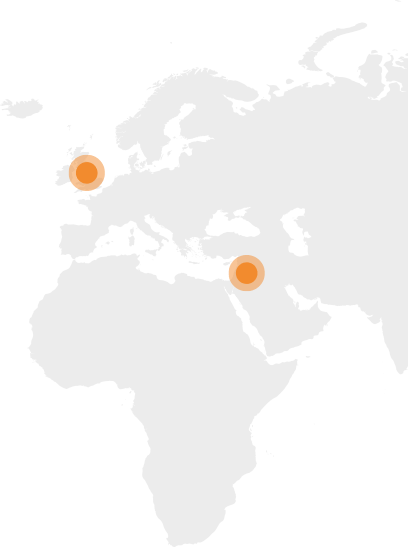
Artichoke
Active Ingredients: Caffeoylquinic acid
Geographical Spread
Artichoke is a perennial herb widely cultivated on a large scale throughout Europe and elsewhere. Apart from its use as a food, artichoke is widely cultivated for medicinal purposes and the preparation of extracts from the young leaves of the plant.
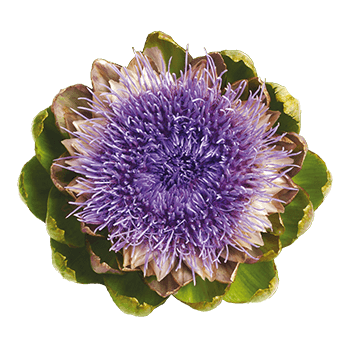
Historical Features
Artichoke products are known for their properties in stimulating bile secretion with the 1,5-dicaffeoyl ester it contains, to have a strong effect on bile flow, based on laboratory experiments. In vitro studies have also shown it offers hepatocellular protection against carbon tetrachloride toxicity (Souleles, 2000).
Pharmaceutical Use
According to references, the leaves of Artichoke and in particular of Wild Arctichoke were cleaned and eaten while being used for pharmaceutical purposes since the 2nd century AD.
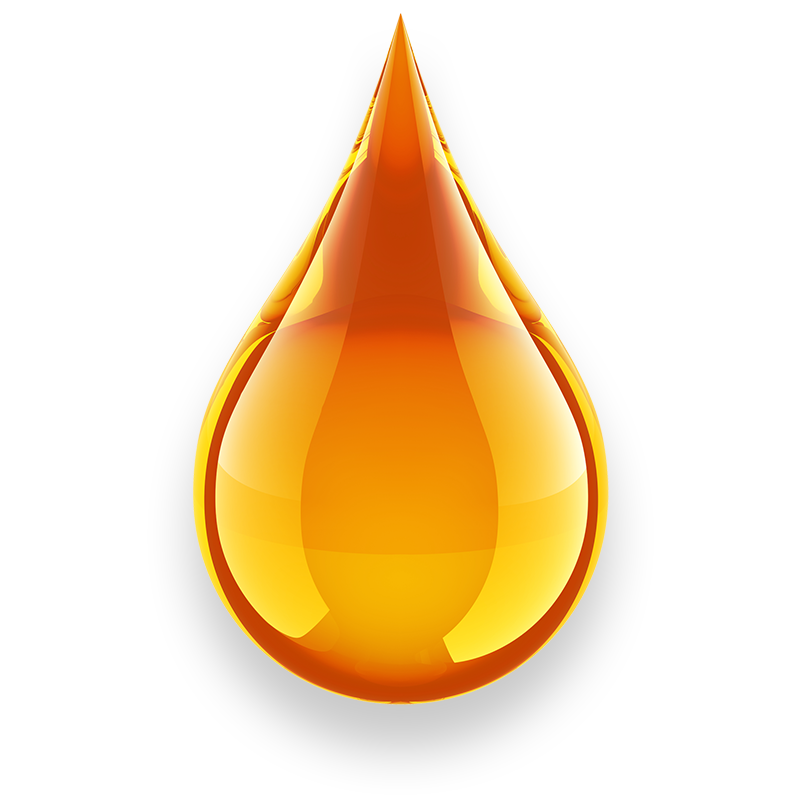
Phytochemical Composition
Artichoke contains alcohols and phenolic acids that are found in the form of caffeoyl acid esters, such as caffeine. In addition, it contains flavonoids and nutrients such as Vitamins (K, C, B), Potassium, Iron, Phosphorus, Manganese and Copper.
- Ιατρού, Γ., Λάμαρη, Φ., Δημητρέλλος, Γ., & Τσακίρη, Μ. (2014). Κατάλογος Αρωματικών & Φαρμακευτικών Φυτών “Re.herb”. (Π. Πάτρας, Ed.) Πάτρα: ΕΠΤΑΛΟΦΟΣ .
- Ιστορική & Λαογραφική διάσταση των αρωματικών φυτών “Re.Herb”. (2014). Πάτρα: ΕΠΤΑΛΟΦΟΣ.
- Σουλελές, Χ. Ν. (2000). Φαρμακογνωσία. Θεσσαλονίκη: Πήγασος.
Similar Products

